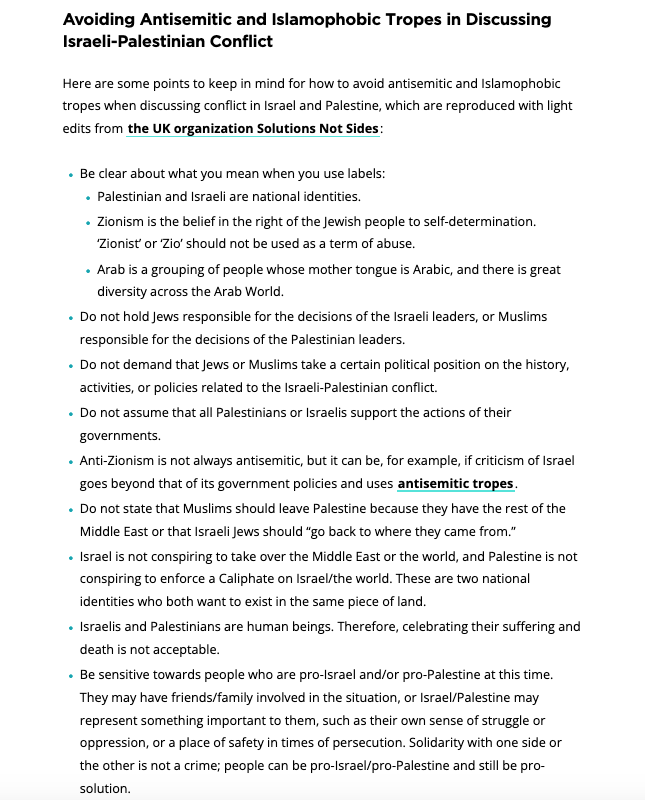Friday Finds for Writers

Most Fridays the Practicing Writing blog shares writing and publishing resources, news, and reflections to peruse over the weekend. But it’s been an excruciating week for so many of us. And frankly, I’ve paid next-to-no attention to garden-variety news from the writing and publishing spheres.
On Wednesday, however, I received an email from Facing History and Ourselves, a Boston-based global nonprofit organization that I’ve admired for many years. The email introduced a “mini-lesson” titled “Processing Attacks in Israel and the Outbreak of War in the Region.”
The resource isn’t perfect. (What resource is?) But one of its segments impressed me as something that, though intended for educators and students, could be clarifying for writers as well, in our work and in the rest of our lives. It’s a section titled “Avoiding Antisemitic and Islamophobic Tropes in Discussing Israeli-Palestinian Conflict.”

- If you missed this week’s Writers’ Bridge session on platform (as I did, unfortunately), you’ll likely share my appreciation for the summary and a link to a replay.
- A troubling trend: “scammers impersonating reputable literary agents.”
- “Sized like a paperback book, the first issue is 420 pages of text with zero images (and zero ads). There are 20 essays, each several thousand words long. What white space there is accompanies the occasional poem.” There’s a new journal coming—and it’s bound to be controversial (and not for the design reasons mentioned above; cw: #MeToo content). Ash Carter explains, for Air Mail.
- Selected content from the September/October 2020 issue of Poets & Writers is now available online.
- Another week, another batch of Jewish-lit links. Please do check them out!
Have a great weekend!

Wow. Thanks so much for mentioning Air Mail. And I will be looking out for Liberties. I am interested in ideas, as well, and have been very concerned about the weird binary dynamic that seems to be deepening in human society. We truly need something on this level of discussion among Indigenous intellectuals as well. And now that Vine Deloria, Jr. is gone we have fewer writers doing this type of work. And of course, much of the public and most Indigenous writers know what happened to Sherman Alexie, who had become the
Amerindian doyenne of the American publishing industry. I have found, in Indigenous writer circles, that there is often an expectation of a kind of blind loyalty to certain perspectives, and a commitment to a particular role in American society that is both sheltering and constricting for a writer. It is a dynamic of “you are for us or against us.”
This dynamic no longer serves indigenous nations, and I would guess it is partly an outgrowth and mutation springing from colonization. I just found something I am truly excited to read, and considering the times we are in, that says alot. Kci Woliwon.
Thanks–I’m glad that you found the item compelling.